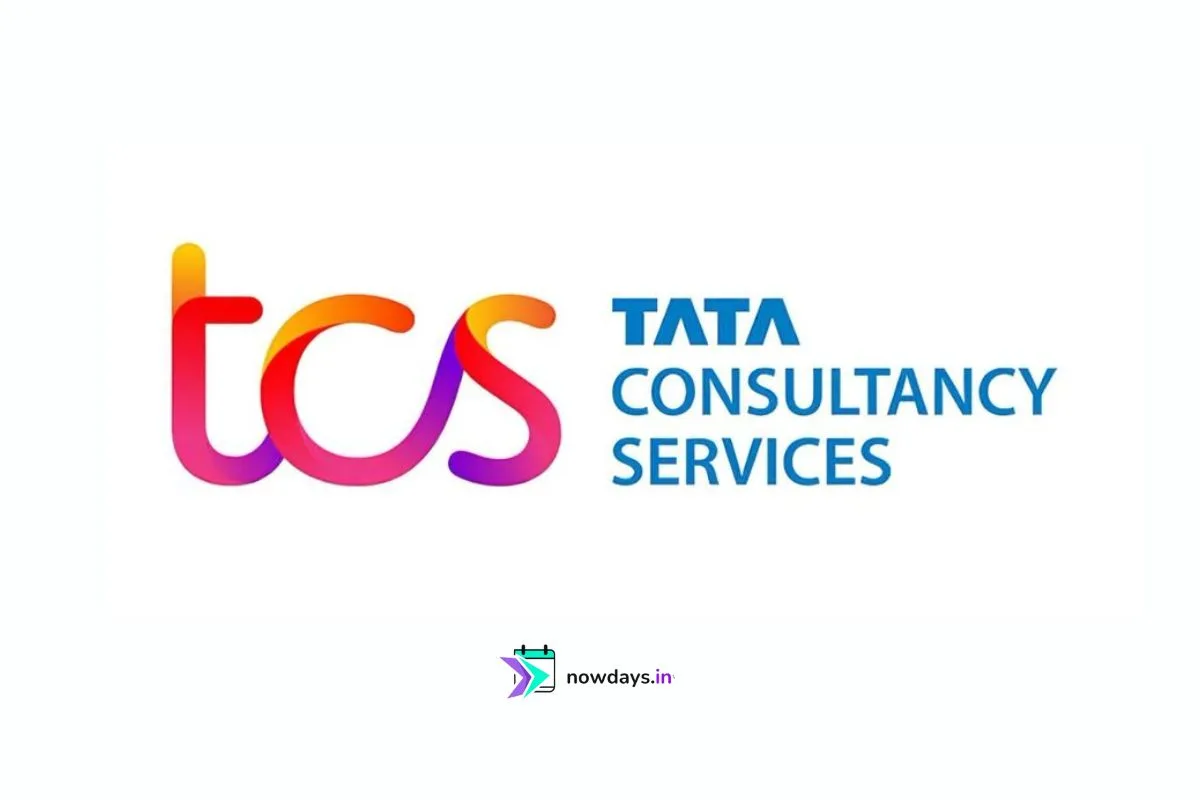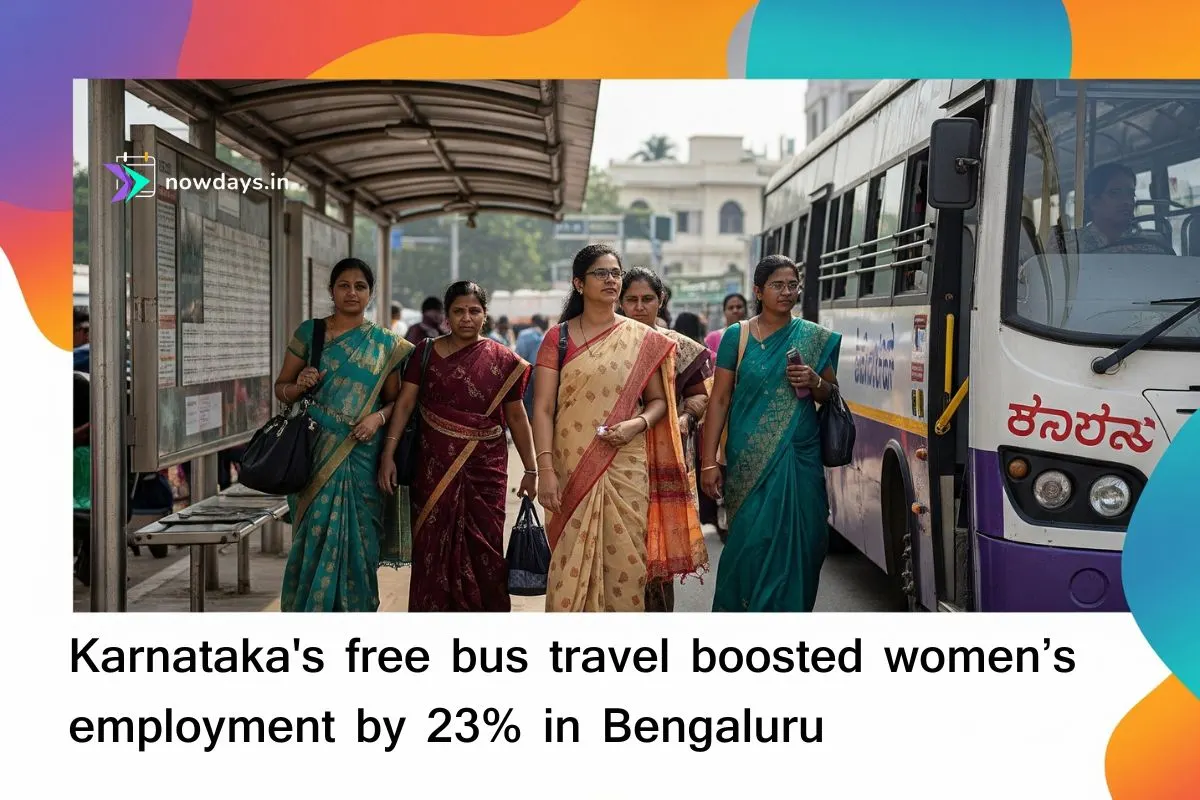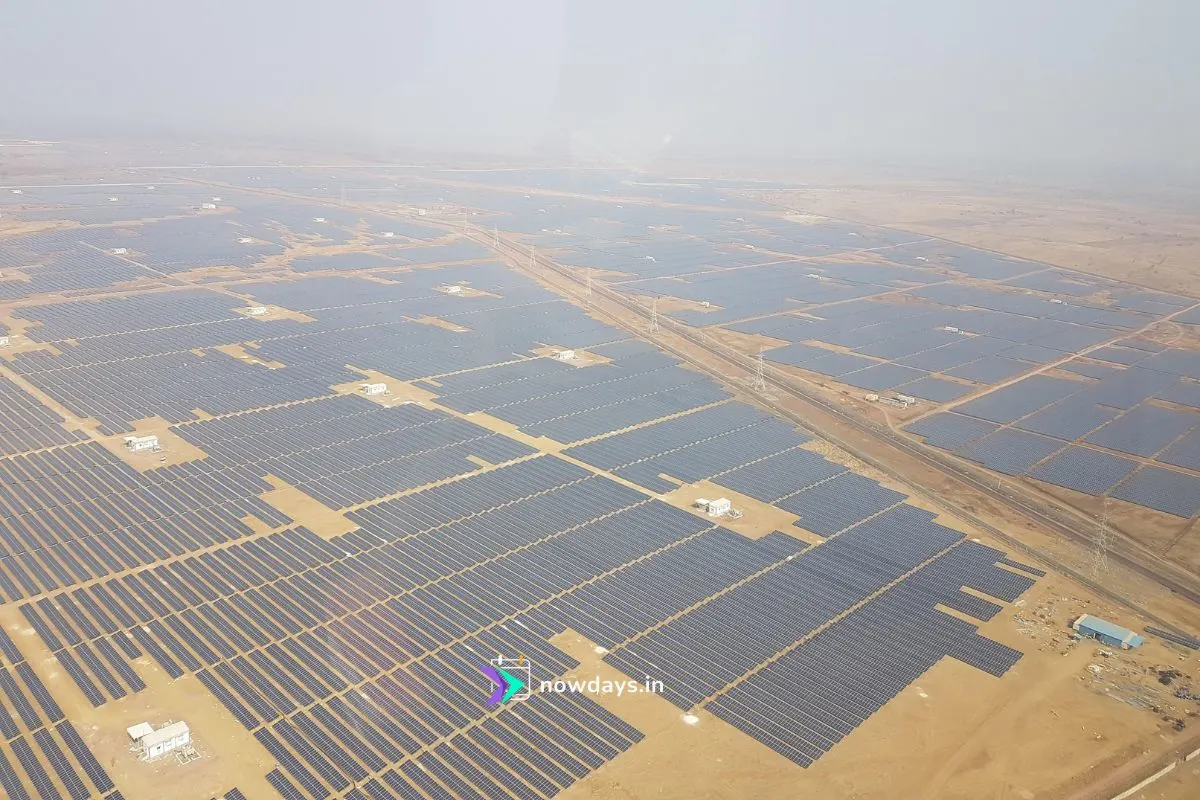Historically, Eastern European nations like Poland, Hungary, the Czech Republic, and Romania were preferred nearshoring destinations for GCCs due to their cost-effectiveness and skilled workforce.
However, recent years have seen a diminishing cost arbitrage in these regions due to rising operational expenses and a saturation of talent, making it difficult for companies to scale operations. Geopolitical instability, particularly due to the ongoing Russia-Ukraine conflict, has also contributed to this shift.
India, on the other hand, presents a compelling alternative with its robust digital skill ecosystem, significant cost advantages, and a vast talent pool. Companies can achieve an estimated 50% benefit in salary costs by moving operations to India compared to Eastern Europe. Beyond cost savings, India offers a superior cost-to-skill ratio, especially in specialized areas like Artificial Intelligence (AI), cybersecurity, analytics, and digital transformation. The country’s talent also provides accountability, business understanding, and cultural adaptability, making it an attractive hub for complex and strategic tasks.
Major Players Making the Move
Several prominent MNCs are actively consolidating or expanding their GCC operations in India:

- Google: The tech giant is relocating its software engineering (Android, Chrome, Cloud) and quality assurance (QA) capabilities from its Krakow engineering hub in Poland to India.
- Heineken: The Netherlands-based brewing company has chosen Hyderabad for its first Asia-Pacific GCC, with plans to invest between ₹2,500 and ₹3,000 crore and hire up to 3,000 technology professionals over the next few years. This center, Heineken Business Services India, is expected to be operational by the end of 2025 and will focus on technology development, AI-based innovations, and shared business services like finance and HR. Vineeth Suresh has been appointed as the Head of Heineken’s India GCC.
- ArcelorMittal: The world’s second-largest steelmaker has established a GCC in Hyderabad, focusing on digital, analytics, and global support for HR, IT, and finance.
- IBM: The company is strategically relocating cloud services roles to India from its Warsaw hub.
- SAP: Previously operating out of Poland and the Czech Republic, SAP has significantly increased hiring in Bengaluru and Gurugram.
- Deutsche Bank and UBS: These financial institutions are also shifting operations, with Deutsche Bank relocating risk and compliance work from Romania to Bengaluru and aiming to scale its India headcount to over 10,000 by 2026. UBS has consolidated some tech operations from Eastern Europe into centers in Pune and Hyderabad.
- Intel: The chipmaker has beefed up its engineering centers in India while pulling back slightly in Eastern Europe.
- Wells Fargo: The financial services company is building out its AI and risk teams in Hyderabad.
India’s Growing Dominance in the GCC Ecosystem
India currently hosts over 1,700 GCCs, accounting for more than 50% of the world’s total. This signifies India’s evolution from merely a cost-effective outsourcing destination to a strategic nerve center for global operations, handling high-value work such as product engineering, AI, cybersecurity, and analytics.
🚨ArcelorMittal to Set Up GCC in Hyderabad
— Hyderabad Real Estate & Infra (@HydREGuide) June 17, 2025
The world’s second-largest steelmaker is establishing a Global Capability Center in India to centralize backend operations.
🔹 Functions moving from Europe: HR, finance, IT
🔹 New India entity incorporated in Mar 2025
🔹 Roles open via… pic.twitter.com/fYnvWVYfDy
Experts predict that over the next 2-3 years, India could see over 500 new GCC setups or major expansions driven by this migration from Eastern Europe. This trend is expected to create significant job opportunities for professionals in India. The move is not just about cost-cutting but about leveraging India’s deep talent pool and its capacity to manage complex and strategic tasks.
As global firms double down on digital transformation, India’s blend of cost-efficiency, talent maturity, and delivery capabilities positions it as a preferred strategic hub for product engineering, R&D, IT operations, business processes, AI, and financial services. All signs point towards India becoming the next global GCC capital, further solidifying its position as a worldwide leader in the tech and services industry.








